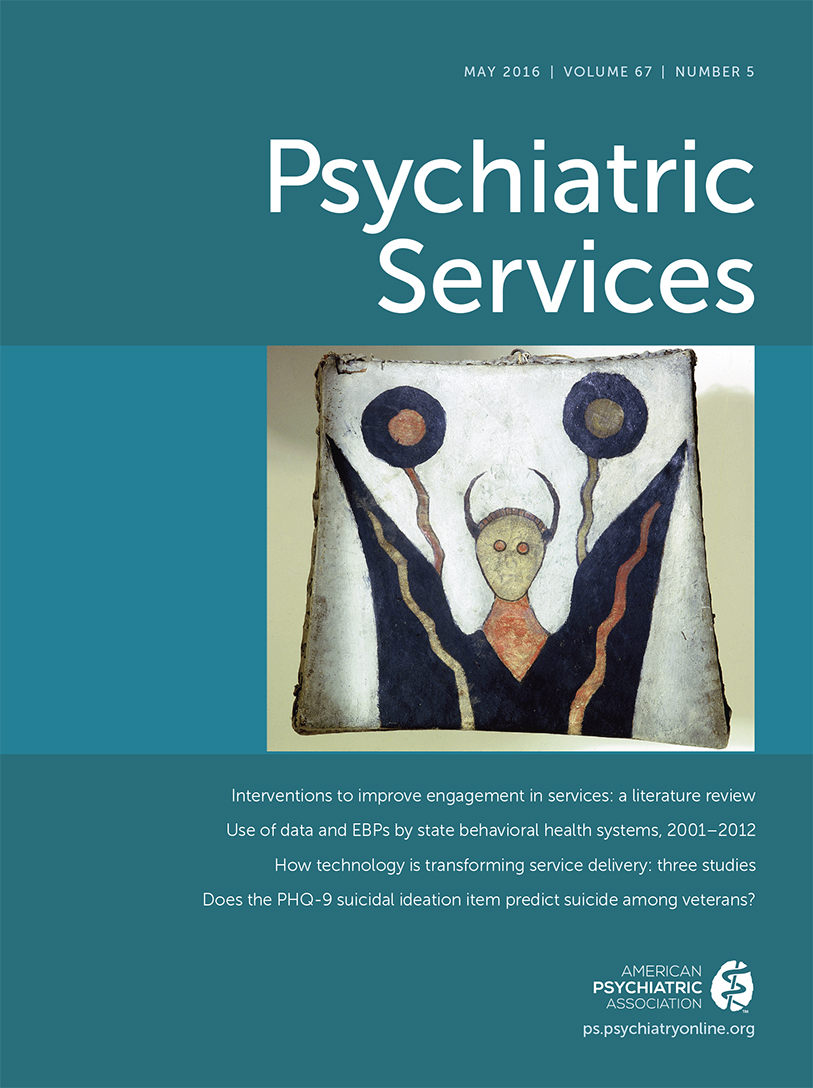Growth in Spending on and Use of Services for Mental and Substance Use Disorders After the Great Recession Among Individuals With Private Insurance
Abstract
Objective:
Recessions are associated with increased prevalence of mental and substance use disorders, but their effect on use of behavioral health services is less clear. This study examined changes in spending per enrollee for behavioral health services compared with general medical services among individuals with private insurance following the Great Recession that began in 2007.
Methods:
The National Survey on Drug Use and Health was used to examine the prevalence of behavioral health conditions among persons with private insurance from 2004 to 2013. Truven Health MarketScan Commercial Claims and Encounters data (2004–2012) were used to calculate use of and spending on treatment of behavioral and general medical conditions before and after the recession among individuals with employer-sponsored private health insurance.
Results:
There was a statistically significant increase in serious psychological distress and episodes of major depression between 2007 and 2010. Between 2004–2009 and 2009–2012, the growth in average annual spending per individual slowed for general medical care (from 6.6% to 3.7%) but accelerated for behavioral health care (from 4.8% to 6.6%). From 2009 to 2012, the percentage of individuals receiving inpatient treatment, outpatient treatment, and prescription drugs for behavioral conditions increased, whereas use of these services for general medical care decreased or remained flat. Out-of-pocket costs increased more slowly for behavioral conditions than for other medical conditions.
Conclusions:
The recession was associated with increased need for and use of behavioral health services among individuals with private insurance. The Mental Health Parity and Addiction Equity Act may have also played a role in facilitating increasing use of behavioral health services after 2008.



